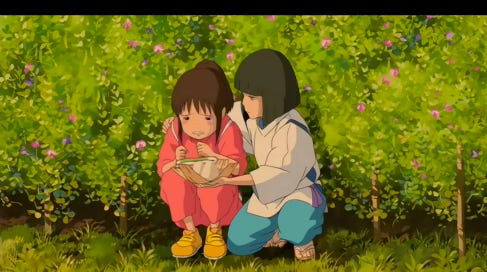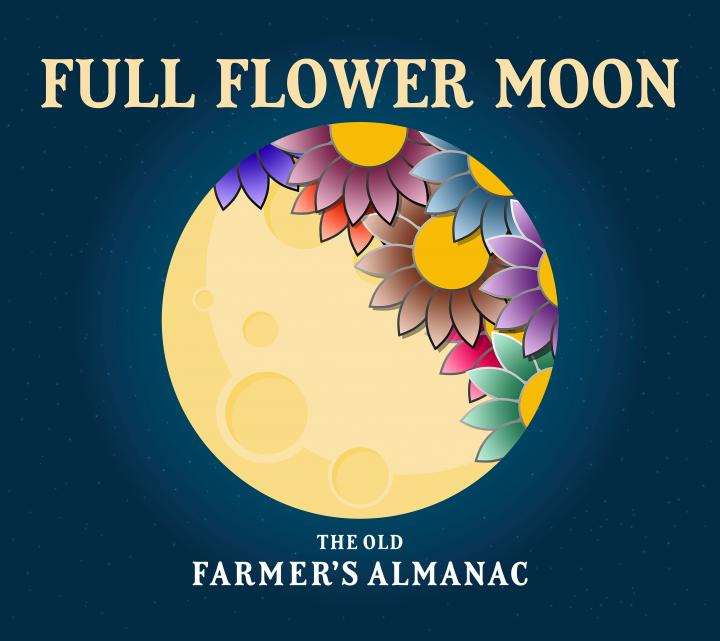In last week's issue, I wrote about this new beginning we’re all in the midst of as the pandemic wanes and we emerge from our lairs.
And I didn’t write much because I was exhausted. This week I was still exhausted, only I realized why, and it’s because I am…completely out of practice with having a social life! I didn’t put it together until a few days ago, but any executive functioning muscles that I once had for managing my life between work, play, and maintenance have completely atrophied. I’m spent because I’m not used to budgeting time or energy to fit everything in, and frankly, I’m doing a pretty bad job of it.
Not that I’m complaining – it’s been wonderful to hug my friends and make plans for dinner. And not that I’m doing all that much, either. It’s more that possibilities have returned that simply did not exist for a while. I *can* go out to dinner. I *can* make plans to see people I haven’t seen since all this went down. Or to meet up with some of the new friends I’ve made online in the past 15 months. So in a way it’s not even necessarily about the activities I’m resuming. It’s more that I’m overwhelmed by all the possibilities for the activities I *could* resume.
I was searching my mind for whether I’ve ever been in this situation before (coming out of a prolonged period of restriction) to get a sense of how I’ve handled it in the past, and the closest thing I could come up with is what happens to me when I go back to New York City.
Because I lived there for a few years, I am well aware of all the incredible things one can get up to. Not only that, but there are specific activities (and people, of course) that I miss from my time there. So when I go back I get this very specific, almost crazed feeling of overwhelm and a desire to make the absolute most of the trip. Something about being so completely aware of all I could be doing in combination with the fact that I can’t really be doing it at any other time or in any other place just does me in.
What inevitably happens is that I make a bunch of plans that I then blow off in favor of wandering around and seeing where the day or night takes me. (Which is probably the best way to do NYC – and maybe life in general? – if you ask me.)
It’s not quite the same, what we’re going through right now; this feels more like a thaw after a deep freeze. Slow. Drippy. Uncomfortable. And I personally feel like I was raw when I went into the freezer to begin with, so there’s that to contend with.
I keep thinking about the scene from Spirited Away where the girl heroine, Chihiro, is given a rice cake from a stranger who’s decided to help her. Chihiro’s been through a terrible ordeal between losing her parents and having to get a job in a weird spirit world spa, and this small act of kindness is the first time she stops to cry.
It’s an incredibly moving scene because that’s how it is, isn’t it? You gut it out through unfathomably difficult circumstances, and then one simple, nice gesture brings you to your knees.
So maybe it’s that too. The possibilities, the logistics, the intense emotions from resuming things we haven’t done in a while, the sweet feeling of relief that the world may actually be getting back to something like “normal,” all of the other terrible pandemic shit that has happened and is still happening in many places – it’s a lot to process.
So let’s go easy.
With more people returning to work and schools, and businesses reopening, some people are bouncing back. But a significant number are not, struggling to reintegrate back into daily life: 33 percent of Americans reported mental health symptoms in April—more than 80 million people. In another U.S. poll, more than half of parents expressed concern about their children. But this is just a snapshot of one place; gauging the true toll will take years. Research shows that about 50 percent of us will quickly bounce back, but others may face challenges for some time.
Why 'getting back to normal' may actually feel terrifying
I think Kat Vellos has the right idea here.


On a more positive note, I really enjoyed Packy McCormick's essay about The Great Online Game we’re all playing, and how the internet is opening up all kinds of opportunities and avenues for people who are using it to follow their curiosities and make connections with like-minded players.
The Great Online Game is an infinite video game that plays out constantly across the internet. It uses many of the mechanics of a video game, but removes the boundaries. You’re no longer playing as an avatar in Fortnite or Roblox; you’re playing as yourself across Twitter, YouTube, Discords, work, projects, and investments. People who play the Great Online Game rack up points, skills, and attributes that they can apply across their digital and physical lives. Some people even start pseudonymous and parlay their faceless brilliance into jobs and money.
The Game rewards community and cooperation over individualism and competition. You get points for being curious, sharing, and helping with no expectation of reciprocation. By increasing your surface area, you’re opening yourself up to serendipity. For good actors, the Game has nearly unlimited upside, and practically no downside.
Super Flower Moon!
This Wednesday is the biggest and brightest full moon of the year, and also a lunar eclipse. The Old Farmer’s Almanac has more about how and where to see it here.
If you’re into witchy stuff, they say the full moon is the time to let go of things that aren’t serving you. (Like maybe panicking about how to manage your social life instead of just letting it unfold? Just a thought.) Here are some ideas for working with this energy.
Basically me in public right now.
May try this strategy this week instead.
I really like the potential of SETI for changing people’s perspective and trivializing the differences among humans — differences that we’re so willing to shed blood over when, indeed, we are all human. We are all earthlings. We are all the same, compared to something else. And if you see yourself as an earthling before you see yourself as a Californian, then I think that sets the stage for tackling really difficult challenges on a global scale.
There’s a lot that’s mind-blowing in this interview with astronomer Jill Tarter, the founder of SETI (and the woman that Jodie Foster’s character in the movie Contact was based on), but I love her points about how thinking cosmically can be a force for good in our everyday lives.
And finally, deep breaths. (Click through for the video!)
(Shout out to Hand-picked, Alex Steele’s lovely and wholesome newsletter, for this link.)
By the way, the first Tiny Revolutions meetup happened this morning and it was great to meet readers in person! We had good conversation and fine weather in Elysian Park, and Franny made a new corgi friend named Hendrix. We’ll do another one soon, maybe next time with a little bit more of an agenda. Stay tuned.
A Tiny Assignment
Go easy out there.
Thanks for reading. See you next week.
😘
Sara










